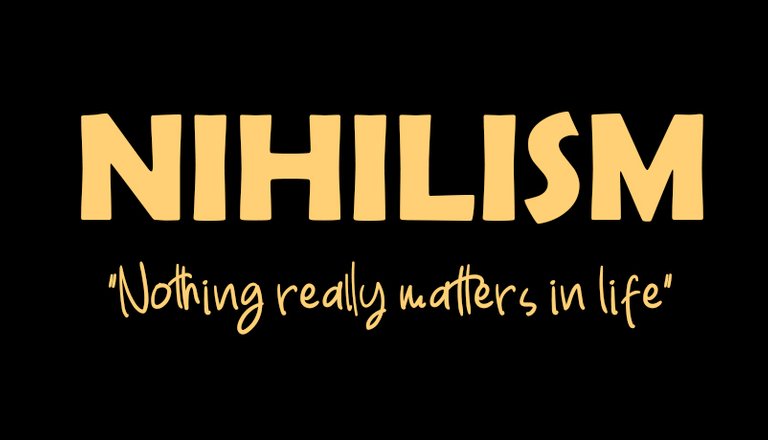
Five days ago, my office held an iftar event at a large restaurant. Our table was already provided by the waiter at the restaurant. At that time, our company manager paid for all the meals we would enjoy. When the Maghrib call to prayer hasn't sounded, all of my co-workers seem busy chatting with each other, except for the manager and me. The manager's face looked sad and confused, so I tried to ask him how he was feeling.
Then, the manager told him about his life problems. My manager is 43 years old, he doesn't have a wife and kids yet. Suddenly a thought crossed his mind about the purpose of his life. He told me that he had a lot of wealth which he had acquired at the age of 25. He has worked hard and achieved success in his career. But his confusion appeared when he was at his peak. "Hey Daffa, what does all my wealth mean after I die?" Ask him to me.
I smile when I get a question like this. Maybe my manager is not the only one asking questions like this, it could be that my readers have asked the same questions like “What am I living for? What am I working for now? What are all my current achievements and achievements for if later I will also die?”. When you question all such things, then you are in the question of the philosophy of Nihilism.
Let me explain a little about this school of philosophy. So, Nihilism is a branch of philosophy that believes that everything in the universe has no meaning. Even human existence does not serve a single purpose for the Nihilists. Even though everything is meaningless, the followers of the philosophy of Nihilism make their meanings for their lives.
For many people, being born into the world as a human is an advantage. We are given brains and minds so that we who are born as humans are smarter than other creatures. But we as intelligent humans will end up the same as other creatures in the world, which will face death. All the things we have achieved will end with time.
An analogy to the philosophy of nihilism and absurdism was also written by a philosopher named Albert Camus. He wrote a book called "The Myth of Sisyphus". The contents of the book tell of a king named Sisyphus who was punished by Zeus to push a large rock up a hill, then the rock rolled down when it reached the top of the hill. Sisyphus pushed him again from the bottom to the top of the hill, then rolled down again when he was on the hill. And so on for a lifetime.
From the book written by Albert Camus, the life we live today is almost the same as the analogy of King Sisyphus. We have a cycle that repeats itself every day of the week. Maybe some people will feel sad when Monday because the weekend has passed. But on Tuesday you can be happy because of a salary increase or position. It could be that today we are happy because we just got a girl/boyfriend, but tomorrow we can be sad because a girl/boyfriend cheated on us.
So, the essence of the nihilistic philosophy is "Nothing really matters in life", from time to time, life experiences an iterative cycle. Sometimes you feel happy then feel sad again. If in the view of nihilism there is nothing meaningful in this world, then we must give meaning to the life we live. We are still allowed to work, so we must do the best for our lives so that we can give a good meaning to ourselves and life. Although in the end, we will die, at least what we have done during our lives can benefit many creatures, both humans, animals, and plants.



